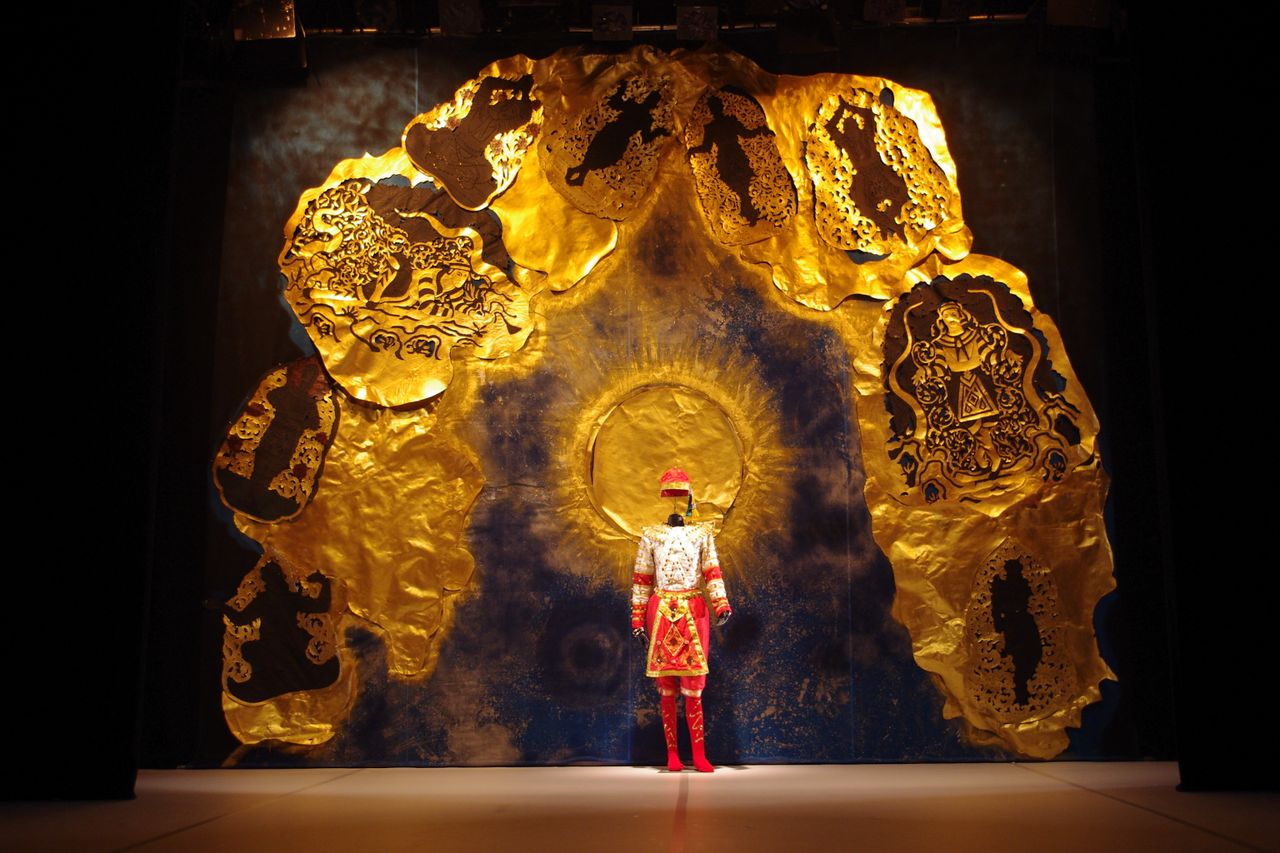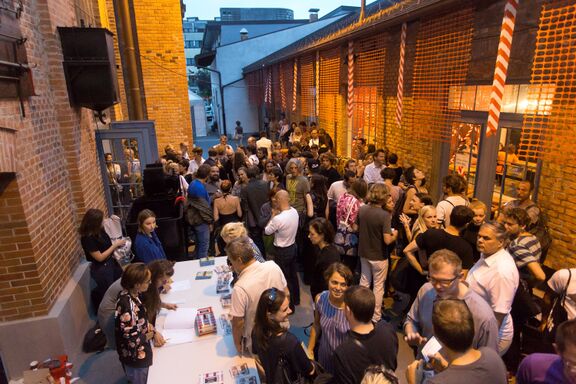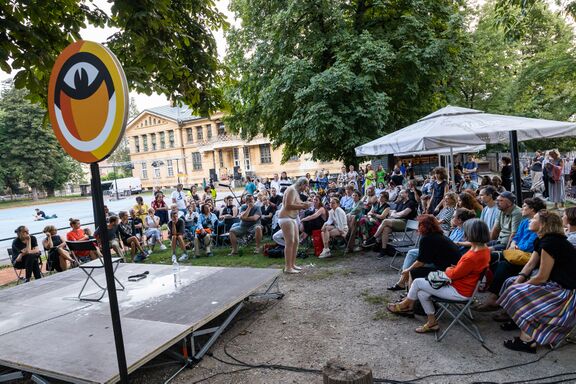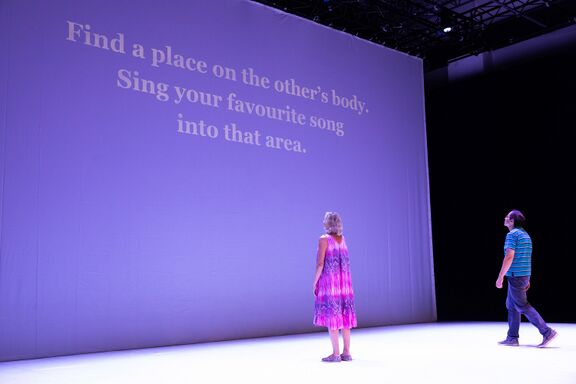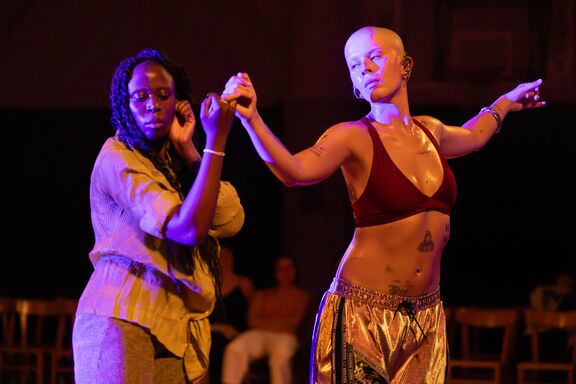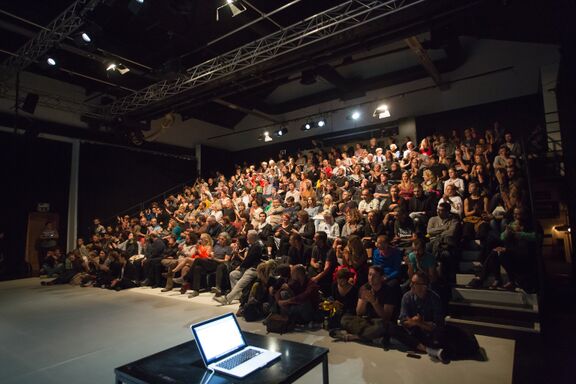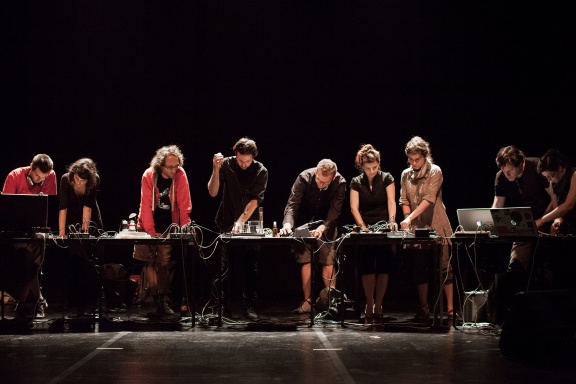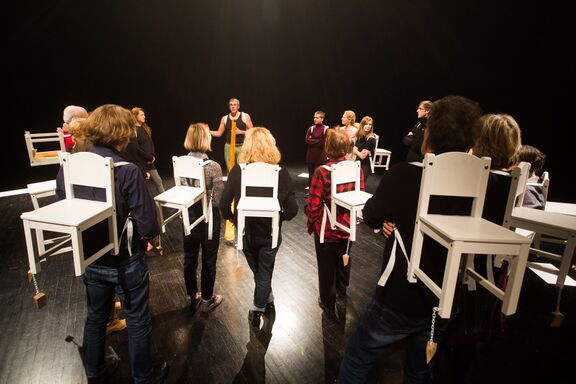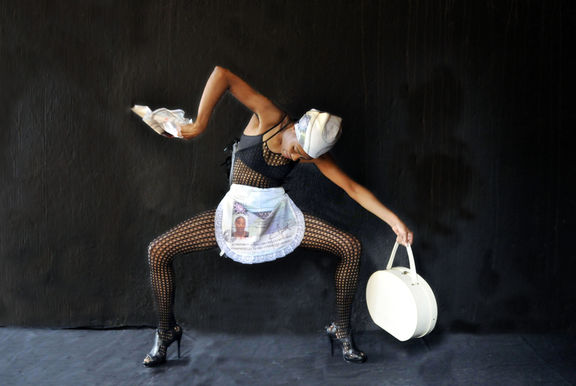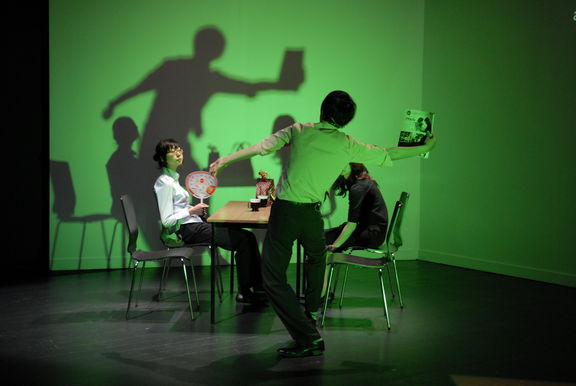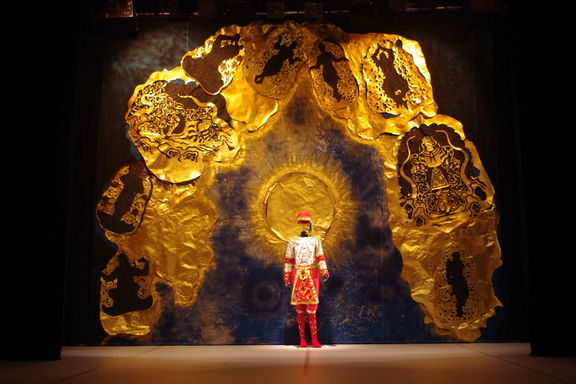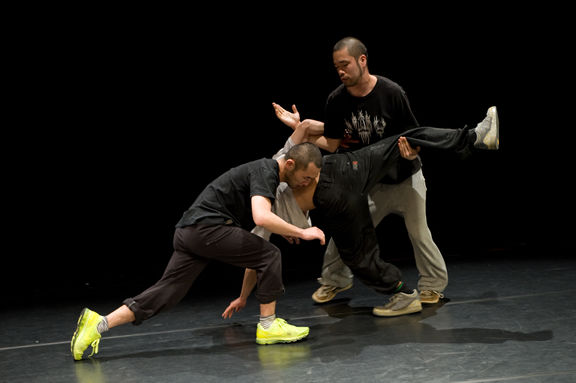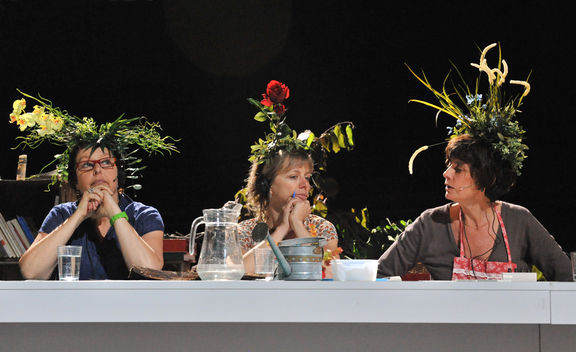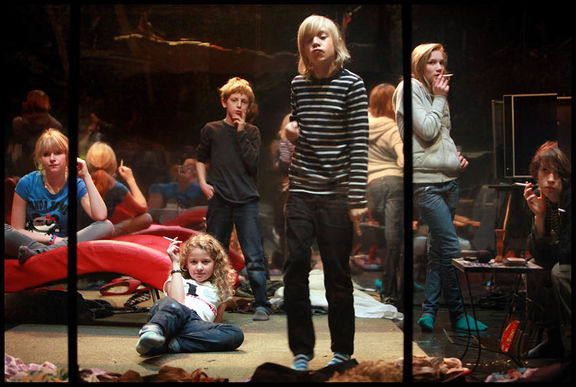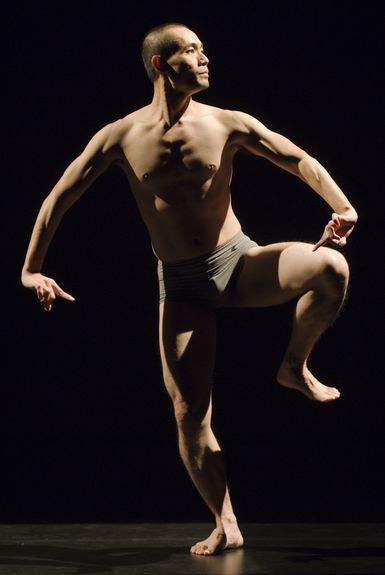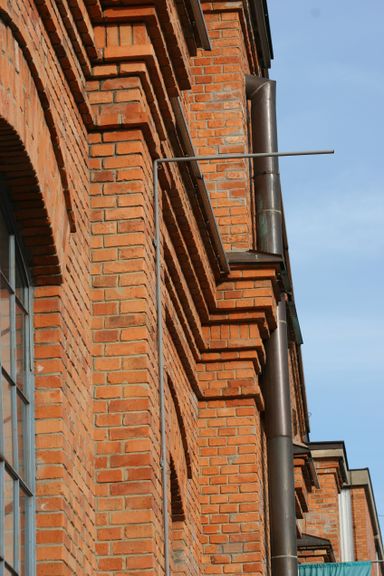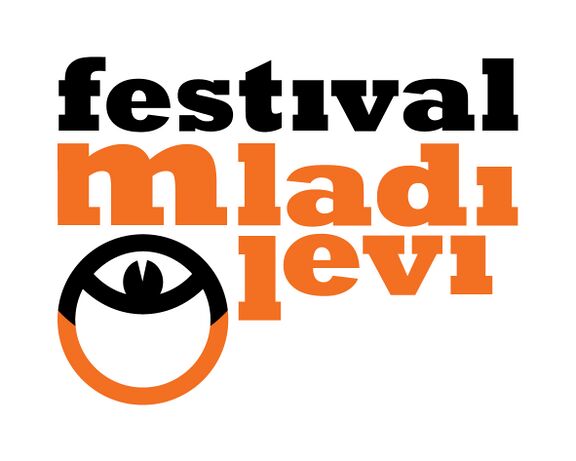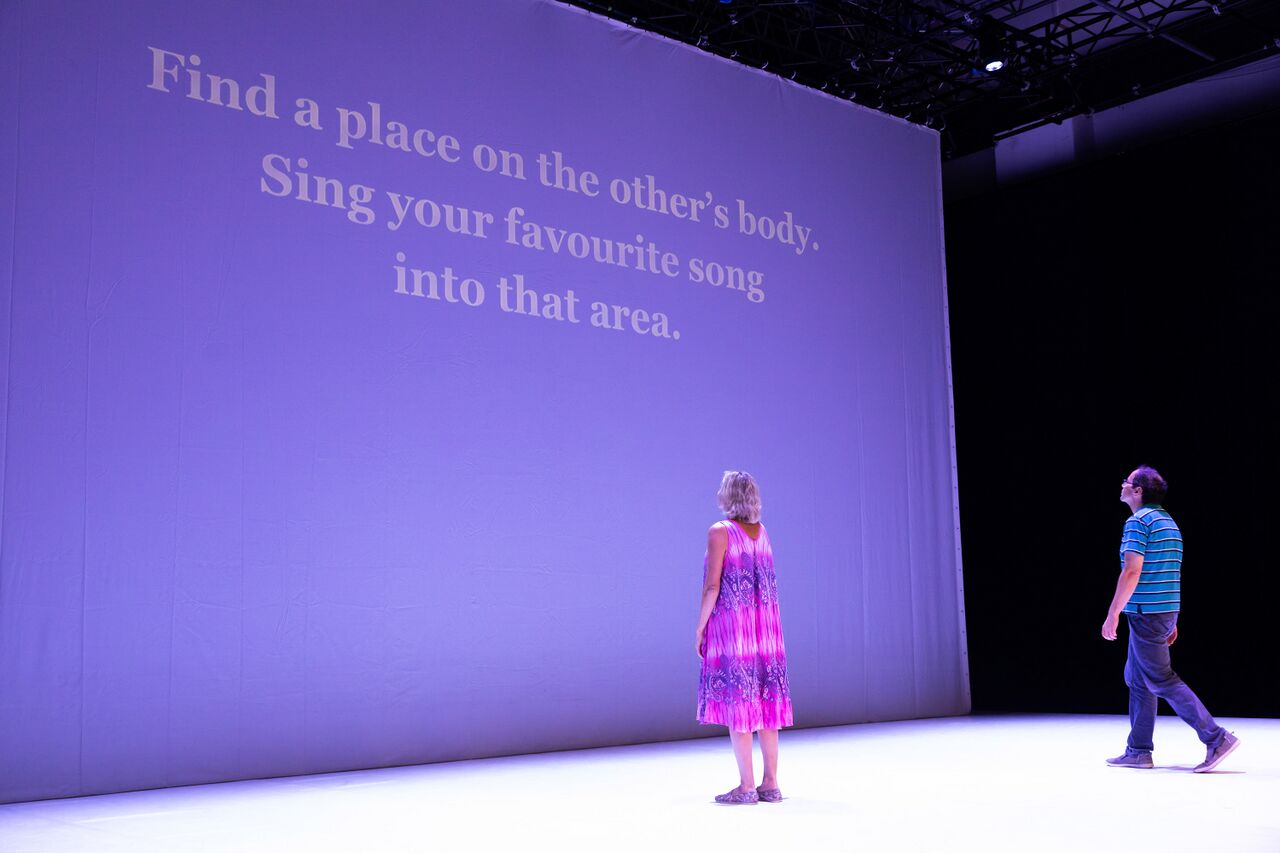Difference between revisions of "Mladi levi Festival"
| Line 35: | Line 35: | ||
The [[Mladi levi Festival]] (in English: Young Lions Festival) is one of the most prominent events organised by [[Bunker Institute]], which initiated the festival in Slovenia in [[established::1998]] within the international network Junge Hunde. The international festival aims to present makers whose work is characterised by original approaches to theatre and dance, focusing on talented and emerging makers, along with presenting already established progressive authors. | The [[Mladi levi Festival]] (in English: Young Lions Festival) is one of the most prominent events organised by [[Bunker Institute]], which initiated the festival in Slovenia in [[established::1998]] within the international network Junge Hunde. The international festival aims to present makers whose work is characterised by original approaches to theatre and dance, focusing on talented and emerging makers, along with presenting already established progressive authors. | ||
| + | |||
| + | During the festival, the ad-hoc journal ''Arena'' is published, covering the festival's performances. The contributions are mainly written by young writers in collaboration with the [[Maska Magazine]], and in 2010 available also on-line at the [[Sigledal.org]] Slovenian theatre portal. | ||
}} | }} | ||
| Line 46: | Line 48: | ||
The festival has thus far hosted authors such as Martine Pisani, Jérôme Bel, Ivo Dimchev, Eduard Gabia, Vera Mantero, Vitor Rua & Nuno Rebelo, Camille Boitel, the collective Les SlovaKs, the collective 1927, Rimini Protokoll, etc., as well as organised a number of round-tables and discussions. | The festival has thus far hosted authors such as Martine Pisani, Jérôme Bel, Ivo Dimchev, Eduard Gabia, Vera Mantero, Vitor Rua & Nuno Rebelo, Camille Boitel, the collective Les SlovaKs, the collective 1927, Rimini Protokoll, etc., as well as organised a number of round-tables and discussions. | ||
| − | + | ||
== Mladi levi 2009== | == Mladi levi 2009== | ||
Revision as of 02:42, 28 August 2010
Background
The international network Junge Hunde involves producers, managers, and organisers from Germany, the Netherlands, the Czech Republic, Latvia, Turkey, Italy, Belgium, Denmark, Spain, Great Britain, France, Norway, and Slovenia. Dedicated to the presentation, promotion, exchange, and development of young contemporary performance artists, their new ideas and new works, the network provides them with the necessary resources, support, and continuity across and beyond European borders. Every year several public events, festivals, and single presentations are organised, along with residences, co-productions, artist exchanges, workshops, seminars, and debates, in the various cities of the network.
Festival profile
Mladi levi Festival has been presented in various old buildings of Ljubljana (in its early years at the Railway Museum of Slovenia, later in the Old Power Station, in Tovarna Rog, as well as in other venues) with the aim of presenting new contemporary productions in juxtaposition with historical heritage. At present, the festival mainly takes place at the Stara Elektrarna - Old Power Station and elsewhere. In order to create the circumstances where artists and audiences can meet, exchange experiences, and develop future collaborations, the festival invites artists to stay in Ljubljana for the entire length of the festival, giving them a chance to see each other's work, to have the time and opportunity to talk to other artists and audience members in an informal way, and to plan future collaborations.
The festival has thus far hosted authors such as Martine Pisani, Jérôme Bel, Ivo Dimchev, Eduard Gabia, Vera Mantero, Vitor Rua & Nuno Rebelo, Camille Boitel, the collective Les SlovaKs, the collective 1927, Rimini Protokoll, etc., as well as organised a number of round-tables and discussions.
Mladi levi 2009
The 2009 edition of Mladi levi Festival presented several firmly established authors as well as some emerging names. The 11th festival included 12 performances, among them the performances Empire (Art & Politics) by the French-Austrian collective Superamas; Mackbeth After Shakespeare by Ivica Buljan (produced by Mini Theatre); Ivana Müller's While We Were Holding It Together; a performance featuring a group of Serbian actors of the younger generation Možda smo mi Miki Maus, an adaptation of the play of the same title by the Serbian playwright Maja Pelević, directed by Matjaž Pograjc and his group Betontanc; the performance Sonja about a lonely middle-aged lady, dwelling on the edge of the Beckettian universe, directed by the Latvian director Alvis Hermanis, otherwise well-known for inventing fresh directing approaches and theatre formats; and a series of solo performances by Katarina Stegnar, Gregor Zorc, and Boris Kadin, based on performances by Via Negativa. The festival also presented three emerging makers, former participants of the Nomad Dance Academy (a project launched by the Balkan Express Network, one of the partners of Bunker Institute), namely, the American Elia Rubin Mrak Blumberg, the Macedonian Aleksander Georgiev, and the Latvian Ruta Nordmane. Further, the festival invited the ProstoRož - FlowerSpace Association to set up an installation in the Tabor area of Ljubljana and organised a concert of rebel songs by the female group Kombinat.
In the frame of the Mediterranean experiment SOSTENUTO, this festival edition also organised the project My Street, within which a street exchange focused on all sorts of exchange and sharing on the basis of solidarity in a direct and money-free spirit.



